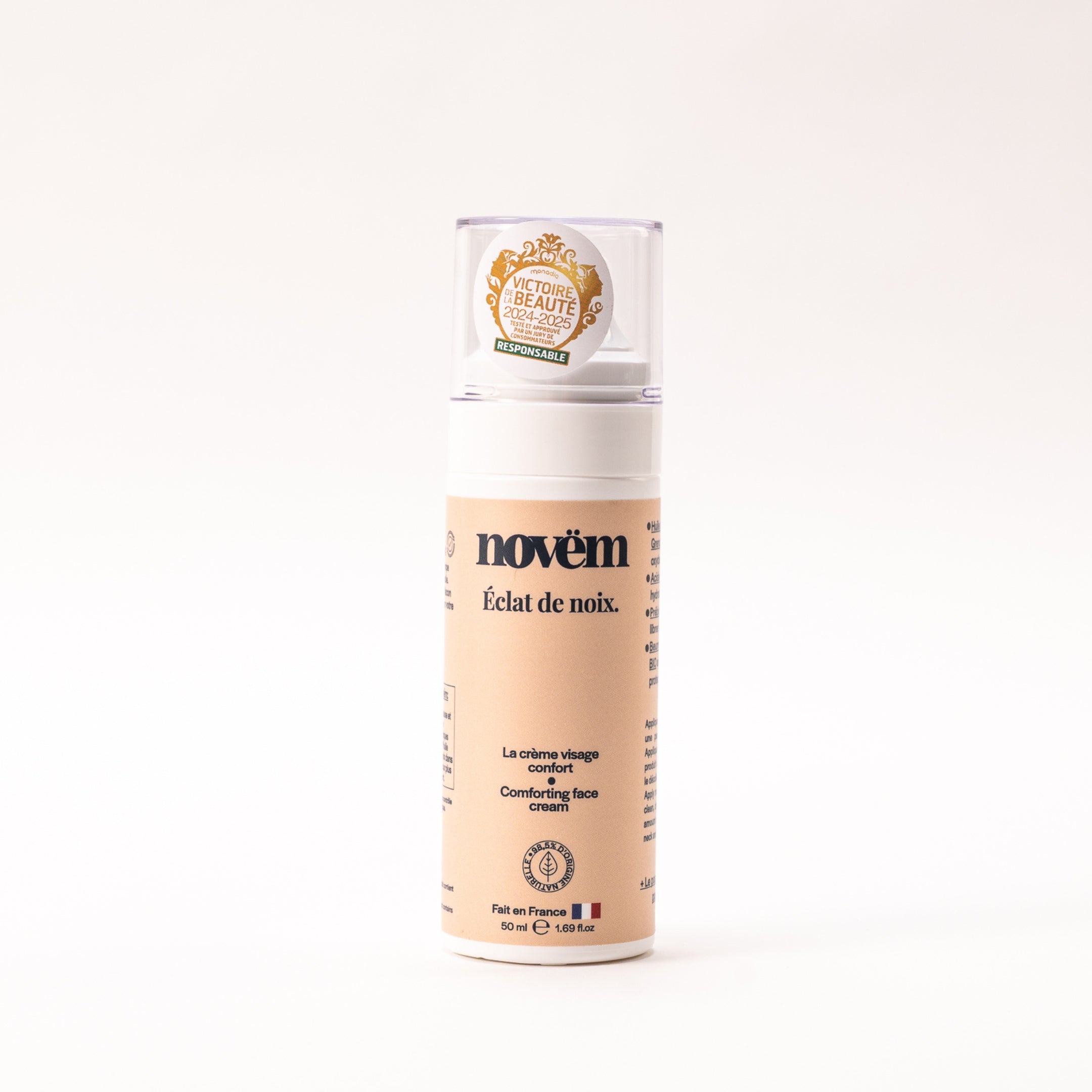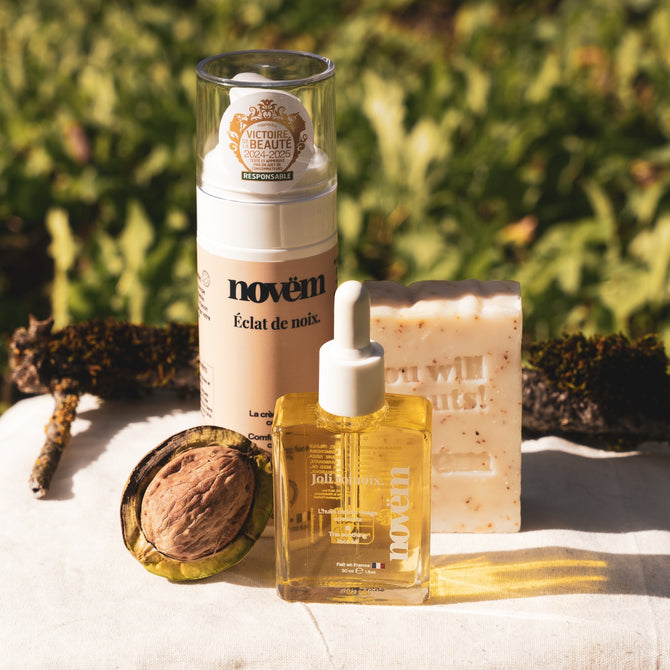Eczema is a chronic skin infection that can cause inflammation , redness , itching , blistering, and cracking of the skin. Although eczema cannot be cured, it is possible to reduce symptoms and soothe the skin with proper care. In this article, we'll explore the causes of eczema and steps you can take to soothe and reduce symptoms.
1. Avoid Eczema Triggers
One of the most effective ways to reduce eczema symptoms is to avoid triggers. Common triggers for eczema include irritants such as soaps and detergents, allergens such as pollen and mold, stress, temperature changes, irritating clothing, and foods such as dairy and eggs. . By identifying and avoiding these triggers, you can help prevent eczema flare-ups.
2. Moisturize the skin
Eczema can make skin dry and irritated, so it's important to maintain adequate hydration. Use a fragrance-free moisturizer several times a day, especially after bathing or showering. Thick moisturizers such as Vaseline or oil-based creams can be especially helpful for very dry skin .
Our day cream based on walnut oil and enriched with prebiotics will give you a feeling of comfort and create a protective barrier for your skin. Add 2 to 3 drops of our Joli Minoix Oil which reduces inflammation and itching thanks to its 2% CBD .
3. Avoid hot baths and prolonged showers
Hot baths and prolonged showers can actually make eczema symptoms worse because they tend to dry out the skin and strip away the natural oils that protect it. People with eczema often have a weakened skin barrier, meaning their skin is more likely to dry out and crack, which can cause itching, redness and inflammation.
Hot water and prolonged showers can also open skin pores, allowing irritants and allergens to penetrate the skin more easily, which can trigger allergic reactions and worsen eczema symptoms.
It is therefore recommended that people with eczema avoid hot baths and prolonged showers, and favor lukewarm showers or short baths (no more than 10 minutes) with lukewarm water. It is also advisable to use gentle, moisturizing skin cleansers without perfumes or dyes so as not to further irritate the skin.
After bathing or showering, it is important to gently pat the skin to remove excess water, then immediately apply a moisturizer to replenish the skin's natural oils and maintain adequate hydration.
4. Apply cold compresses
Applying cold compresses can help reduce inflammation and itching. Dip a towel in cold water and gently apply it to the affected area for a few minutes at a time.
5. Use skin-friendly products
Skin care products can make eczema symptoms worse if they contain fragrances, dyes, or irritating chemicals. Choose products that are gentle on the skin, free of fragrances and dyes, and avoid products that contain alcohols or strong acids .
6. Use topical steroids
Topical steroids are medications that can help reduce the inflammation and itching of eczema. Topical steroids are available over the counter or by prescription and should be used as directed by a doctor.
7. Use antihistamines
Antihistamines are often recommended for people with eczema because they can help reduce symptoms associated with the allergic reaction that can accompany this skin condition. Eczema can be triggered by an allergic response, which is an excessive immune response by the body to allergens or irritants.
When a person is exposed to an allergen or irritant, the body releases histamines , chemicals that cause inflammatory reactions such as redness, itching, and swelling of the skin. Antihistamines work by blocking the action of histamine, which can reduce symptoms of allergies and eczema, such as itching, redness, and swelling.
There are two types of antihistamines:
- First generation antihistamines
- Second generation antihistamines
First-generation antihistamines can cause side effects such as drowsiness, confusion, and dry mouth, while second-generation antihistamines tend to be more effective and less likely to cause side effects.
It is important to note that antihistamines do not treat eczema per se, but they can help reduce symptoms associated with allergy and skin irritation. It is therefore important to consult a healthcare professional before taking antihistamines for the treatment of eczema to determine the most appropriate treatment for each individual case.
8. Use natural cosmetics
Eczema is a skin condition that can be triggered or worsened by exposure to irritants, allergens or chemicals found in conventional cosmetics. Skin care products often contain synthetic ingredients, dyes, fragrances, preservatives and other chemicals that can irritate the skin and cause allergic reactions in people with eczema.
Natural cosmetics , on the other hand, are formulated with natural and organic ingredients, such as essential oils, plant extracts, butters, and vegetable oils, which are less likely to irritate sensitive skin. Additionally, these natural ingredients are often rich in nutrients, antioxidants, and essential fatty acids that can help hydrate , soothe , and protect the skin .
The walnut which is found in all our treatments is naturally rich in vitamin E , which helps nourish the skin without making it shine or clog it.
By using natural cosmetics, people with eczema can reduce their exposure to potentially irritating chemicals and allergens, which can help reduce eczema symptoms and improve the condition of their skin. However, it is important to note that even natural skin care products can cause allergic reactions in some people, so it is always important to do a patch test before using a new product on a large area of the skin. skin.
However, we advise you to consult a specialist so that they can prescribe and advise you as best as possible in order to relieve you as quickly as possible.






